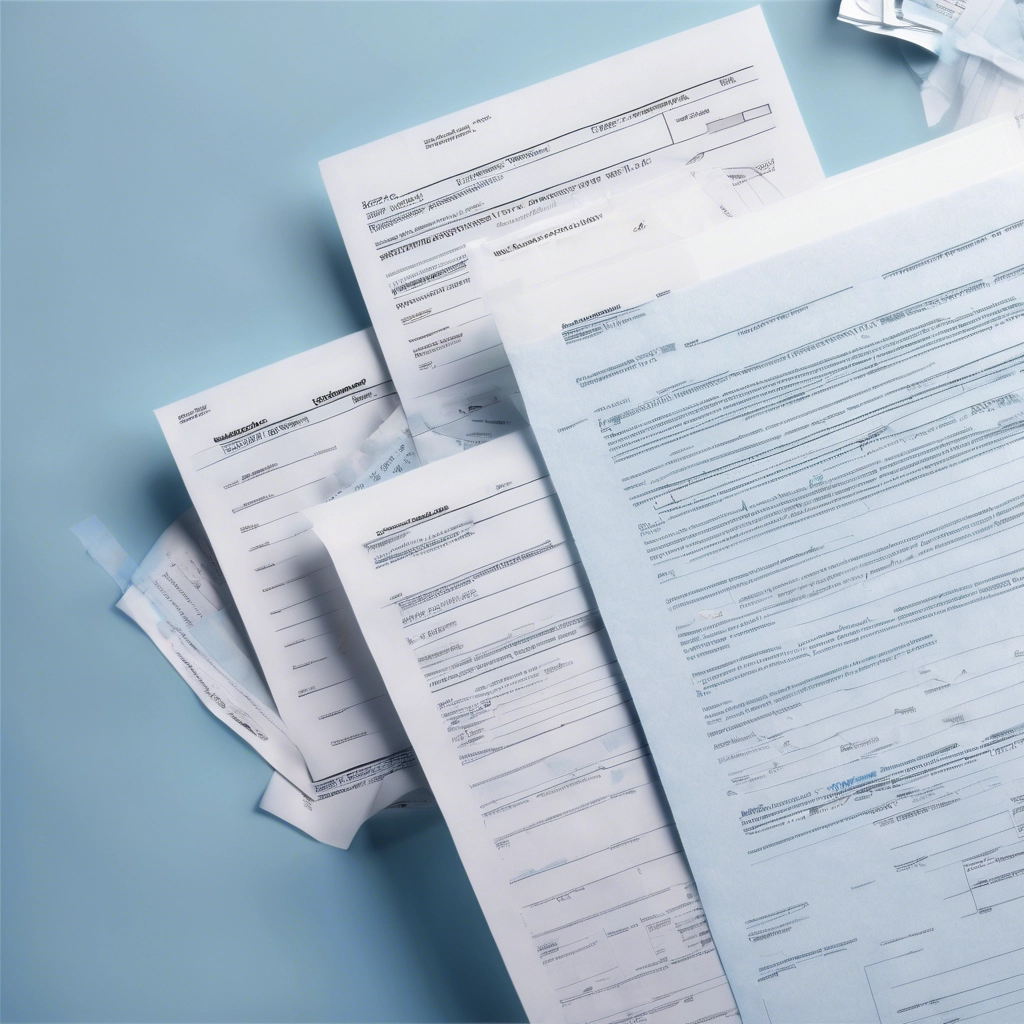June 13, 2013 | Tax Laws

Overview:
U.S. Taxation of Worldwide Income
The U.S. is one of the few countries that taxes its citizens and resident aliens on all income, regardless of where it is earned. Expatriates must declare earnings from wages, self-employment, investments, rental income, pensions, trusts, and any other sources, whether domestic or foreign. Failure to report all worldwide income can result in severe IRS penalties or criminal charges.
Important Filing Dates and Extensions
The standard IRS tax return deadline is April 15, but U.S. taxpayers residing overseas automatically get a two-month extension to June 15. To qualify, attach a statement to your return explaining your foreign residence. Remember, any tax owed is still due on April 15, and interest and possibly penalties accrue thereafter. Payments are considered made only when received by the IRS.
Reporting Foreign Accounts and Assets
Americans abroad must adhere to stringent IRS reporting rules for foreign accounts:
- Schedule B: Required for interest and dividends, plus disclosure of foreign accounts.
- Form 8938: Must be filed if foreign financial assets exceed certain IRS thresholds.
- FBAR (FinCEN Form 114): Mandatory if the combined value of foreign accounts exceeds $10,000 at any time during the year.
Failure to file these forms can lead to harsh penalties and even criminal prosecution.
The Foreign Tax Credit and Deductions
If you paid income taxes to a foreign nation, you may claim either a Foreign Tax Credit (Form 1116) or an itemized deduction on your U.S. return. This helps avoid double-taxation. However, you cannot claim both a credit and a deduction for the same foreign tax.
The Foreign Earned Income Exclusion (FEIE): What You Need to Know
The FEIE allows qualifying U.S. taxpayers to exclude a specific amount of earned income made abroad from federal taxes. In 2012, the exclusion ceiling was $95,100 (this amount is indexed each year). Both spouses in a married couple may qualify separately, potentially doubling the exclusion.
- Qualifying income: Wages or compensation for services performed outside the U.S., including self-employment income
- Non-qualifying income: Dividends, investment earnings, rental income, pensions, and capital gains
Who Qualifies for the FEIE?
Taxpayers must meet strict IRS criteria. You may qualify if:
- You are a U.S. citizen and a bona fide resident of a foreign country for a full tax year.
- You are a U.S. resident alien from a treaty country and a bona fide resident abroad for an uninterrupted tax year.
- You are present in one or more foreign countries for at least 330 full days during any twelve consecutive months.
Bona Fide Residence Test: Living in a foreign country continuously for a full calendar year with no significant ties to the U.S.
Physical Presence Test: Physically present abroad at least 330 out of 365 days in a 12-month range.
You must claim the FEIE using IRS Form 2555, providing detailed information about your employment and overseas travel.
The Tax Home Requirement
To qualify for the exclusion, your “tax home” must be in a foreign country. Tax home is typically defined as the city or country where you regularly work and reside. If you retain substantial connections (property, family, ongoing work) to the U.S., the IRS may consider the U.S. as your tax home, making you ineligible for the FEIE.
Common FEIE Traps and Audit Risks
- Temporary or short-term overseas assignments
- Breaks in residency or travel back to the U.S.
- Unclear tax home connections
- Mistakes in reporting foreign housing or dependents
The IRS scrutinizes FEIE claims closely; taxpayers with significant links to the U.S. or gaps in overseas residency may have their exclusion denied.
How to Claim the Foreign Earned Income Exclusion
- File Form 1040, reporting all worldwide income.
- Attach Form 2555 or Form 2555-EZ, supplying details about your residency, income, and travel.
- Maintain thorough records of income, travel dates, and living arrangements.
- Plan for future tax years: once elected, you must consistently apply for the exclusion unless given IRS approval to change.
Additional Tax Tips for Americans Abroad
- Always file on time and maintain documentation, preferably electronically.
- Check your state filing obligations; some states require filings even if you reside abroad.
- Retain records for at least seven years in case of audit.
- Monitor annual updates for exclusion amounts and reporting requirements.
Conclusion: Seek Expert Guidance
American expatriate tax law is complex, and mistakes can be costly. The Foreign Earned Income Exclusion offers significant benefits, but qualification rules can be strict and subject to interpretation. Proper recordkeeping, understanding residency tests, and maintaining clear evidence are essential. Whenever in doubt, consult a licensed international tax attorney or tax professional to safeguard your financial interests and ensure full compliance. With proper planning, you can take full advantage of tax benefits and focus on your global adventure.

